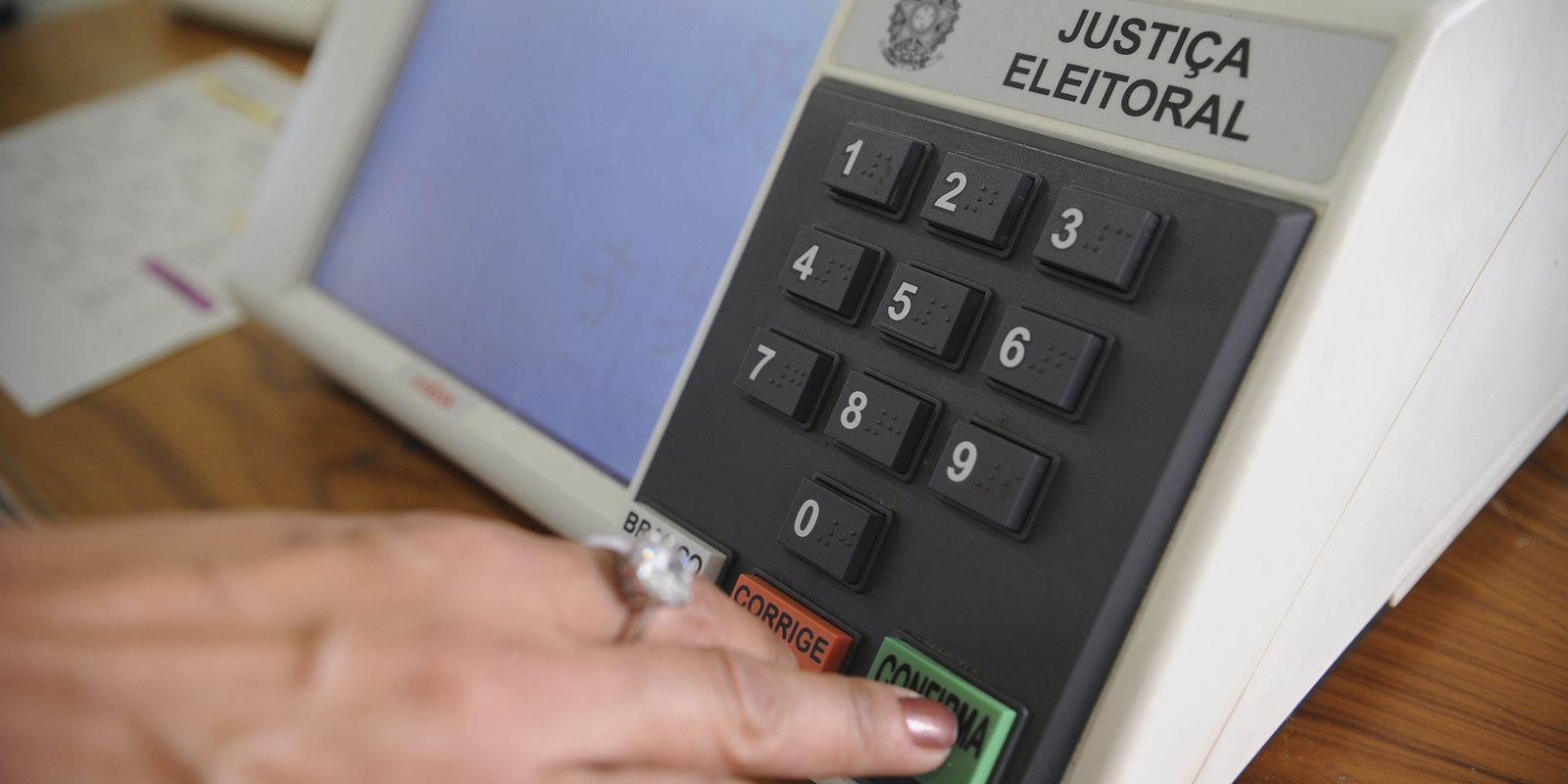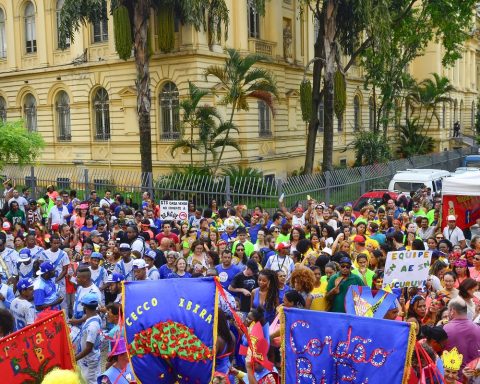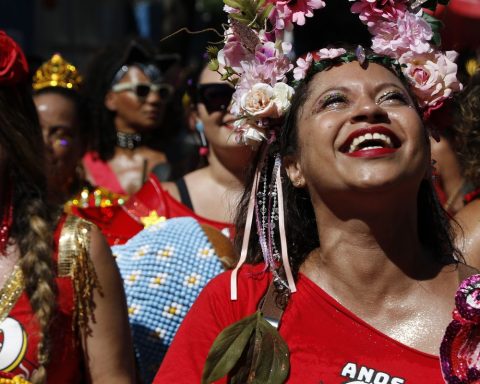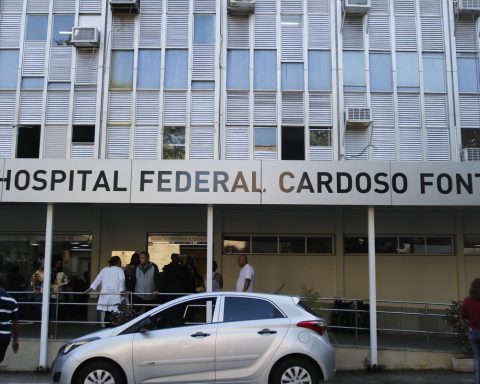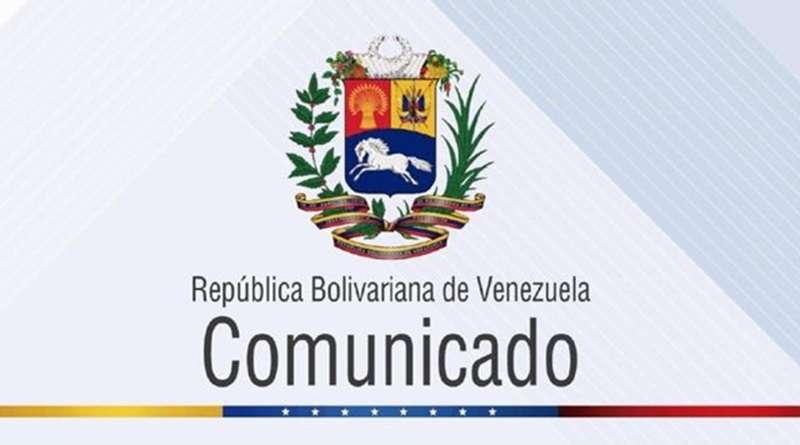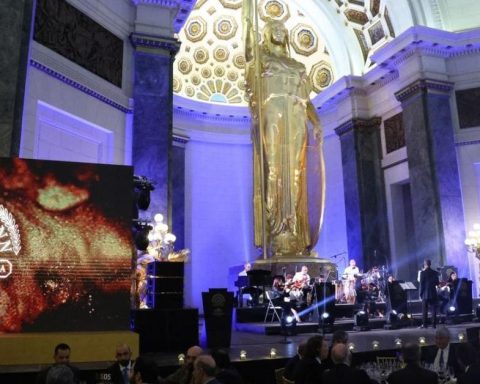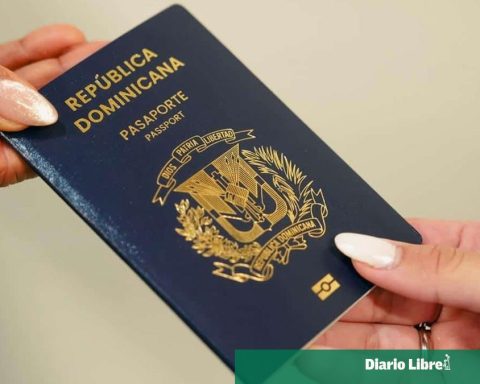This Sunday (27), 33,996,477 voters from 51 municipalities will go to the polls to choose the mayors and councilors who will represent them for the next four years. Across the country, with the exception of the Federal District, voting will begin at 8 am (Brasília time) and will continue throughout the day, until 5 pm.
Anyone who did not vote in the first round can vote in the second, including those who did not justify their absence. This is because the Electoral Court considers each round as an independent election. Likewise, anyone who does not vote in either round will have to justify it twice.
Brazilian legislation determines that voting is mandatory for those aged between 18 and 70 and optional for illiterate people, young people aged 16 and 17 and for everyone over 70. But it is necessary to have a voter registration card in good standing and even if the voter’s name does not appear on the voting list in the electoral zone, he or she will be able to exercise citizenship if his or her electoral data appears in the electronic ballot box register in his or her electoral zone.
Identification
According to the Superior Electoral Court (TSE), voters must appear at the polling station only with an official document with photo. e-Title, identity card, social identity, passport, professional card recognized by law, reservist certificate, work card, national driver’s license are accepted, even if the validity has expired.
It is not mandatory to take the ID card to vote, as long as the voter knows the voting number and location, which can be consulted on the TSE website or via e-Título, available free of charge in app stores. If necessary, it is possible to download or update the application in the virtual store, but it is important that the process is completed by October 26th, warns the Electoral Court.
According to the legislation, official documents without photos, birth and marriage certificates will not be accepted at polling stations, in order to ensure adequate identification of voters.
Secrecy
When voting, after identification by document and fingerprints, it is also necessary to follow some rules when going to the electronic ballot box, when the use of cell phones, cameras, camcorders, radio communication equipment or any instrument that may compromise the secrecy of the vote. Only assistive technology resources, such as hearing aids, for example, are allowed.
Crimes
The voter’s preference can be expressed on election day individually and silently through the use of flags, pins, stickers and t-shirts, but the gathering of people or the use of propaganda instruments that identify a party, coalition or federation is prohibited. by legislation. The use of loudspeakers, sound amplifiers, holding a rally or motorcade, persuasion of the electorate and exit poll propaganda are considered crimes
Throughout the national territory, it becomes a crime for collectors, shooters and hunters to transport weapons and ammunition in the 24 hours before and 24 hours after the elections, including for civilians with state license or possession. The exceptions are for agents on duty, such as those working in policing or security in penal establishments and juvenile detention units.
Justification
In municipal elections, it is not possible to vote in transit, so if the voter is abroad and belongs to an electoral zone in Brazil, which is not in the Federal District, they must present an excuse for absence via the e-Título app or website. The deadline to present the justification is up to 60 days after the election (December 5, 2024 in the first round and December 26 in the second round) or 30 days after returning to Brazil.
After the voting period closes, starting at 5pm (Brasília time), the results will be announced, including blank votes, null votes and abstentions. According to the TSE, the ballots sent for totalization will be made available on the website, in addition to the corresponding tables depending on the data received.
